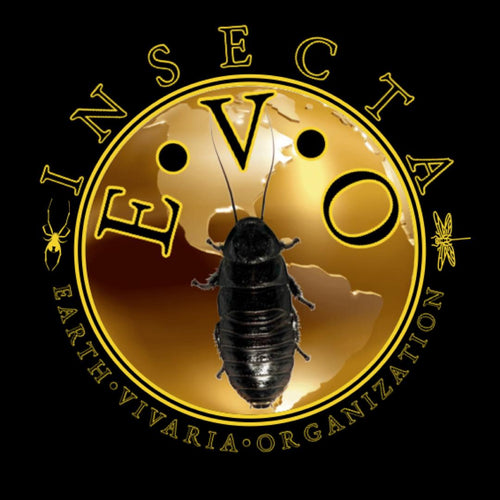Asian Forest Scorpion
Scientific Name: Heterometrus spp.
Common Names: Asian Forest Scorpion, Giant Forest Scorpion
Natural Habitat: Asian Forest Scorpions are native to tropical and subtropical regions of Asia, including countries such as India, Indonesia, Malaysia, and Thailand. They inhabit forest floors, preferring areas with ample leaf litter and hiding spots.
Size: Adult Asian Forest Scorpions can reach lengths of 4 to 6 inches (10 to 15 centimeters), with females generally being larger than males.
Lifespan: With proper care, Asian Forest Scorpions can live for 5 to 8 years in captivity.
Enclosure:
- A tank with a minimum size of 10 gallons for a single adult.
- Provide a secure lid to prevent escapes, as scorpions are excellent climbers.
- Substrate: Use a mixture of coco fiber, peat moss, or topsoil to create a substrate layer of 2 to 4 inches. This substrate should maintain moisture without becoming waterlogged.
- Decor: Include hiding spots such as cork bark, half logs, or artificial caves to provide security for the scorpion. Adding live or artificial plants can also enhance the enclosure's aesthetics.
- Temperature: Maintain a temperature gradient of 75 to 85°F (24 to 29°C) on the warm side and 70 to 75°F (21 to 24°C) on the cool side. Use an under-tank heating pad or heat lamp to achieve these temperatures.
- Humidity: Keep humidity levels between 70% and 80% by misting the enclosure regularly and providing a shallow water dish for drinking.
Feeding:
- Asian Forest Scorpions are carnivorous and primarily feed on insects such as crickets, mealworms, and roaches.
- Offer appropriately sized prey items once or twice a week, adjusting the size of the prey to match the size of the scorpion.
- Remove any uneaten prey items to prevent them from injuring or stressing the scorpion.
Handling:
- Exercise caution when handling Asian Forest Scorpions, as they possess venomous stingers.
- If handling is necessary, use soft forceps or a plastic container to gently coax the scorpion into a safe holding container.
- Avoid picking up the scorpion by its tail, as this can cause injury or stress.
Health Considerations:
- Monitor the scorpion for signs of illness or injury, such as lethargy, loss of appetite, or abnormal behavior.
- Seek veterinary care from a qualified exotic animal veterinarian if any health concerns arise.
Notes:
- Asian Forest Scorpions are solitary creatures and should be housed individually to prevent aggression or cannibalism.
- Avoid housing different scorpion species together, as they may exhibit territorial behavior and aggression towards one another.
This care sheet provides essential information for keeping Asian Forest Scorpions healthy and thriving in captivity. Always research specific care requirements and consult reputable sources for additional guidance.
